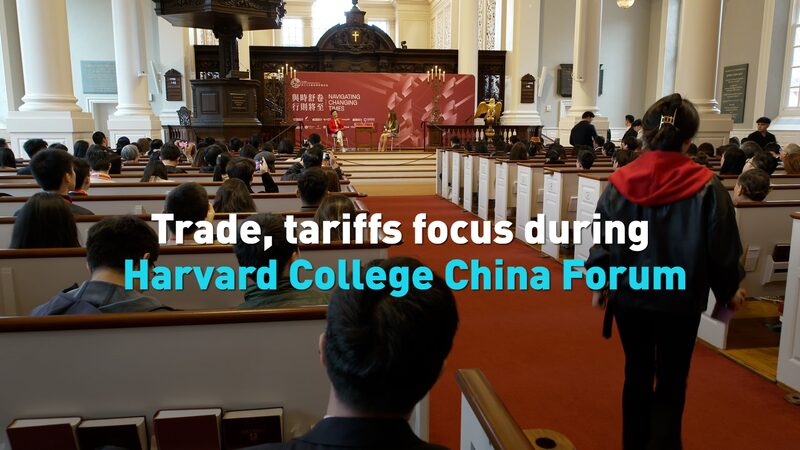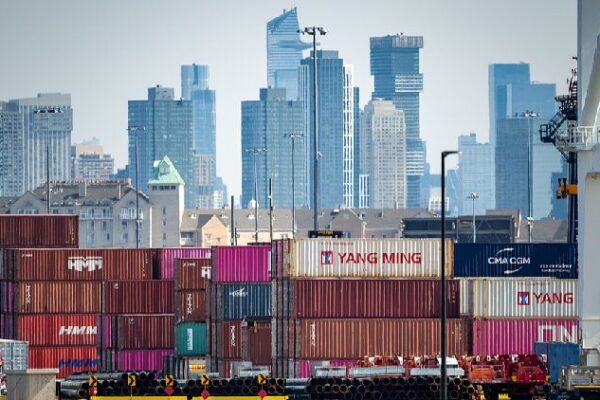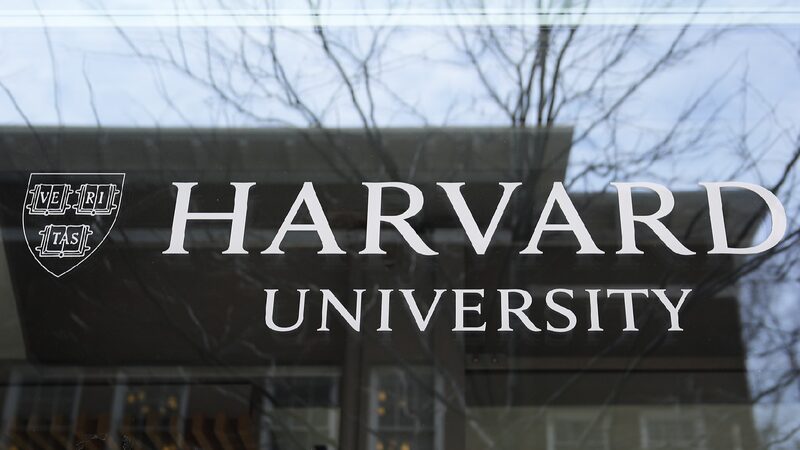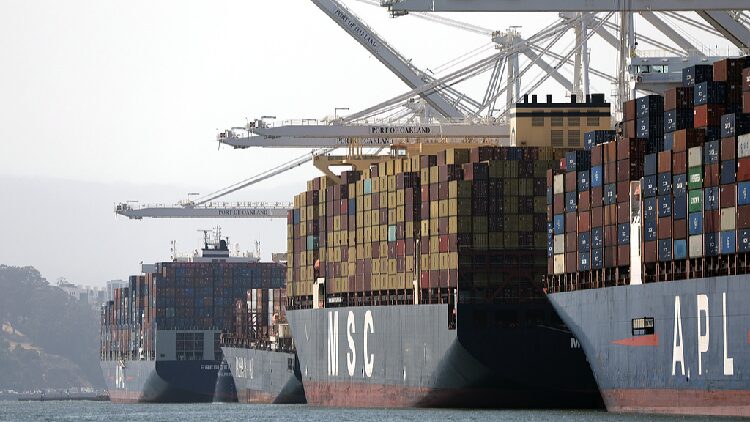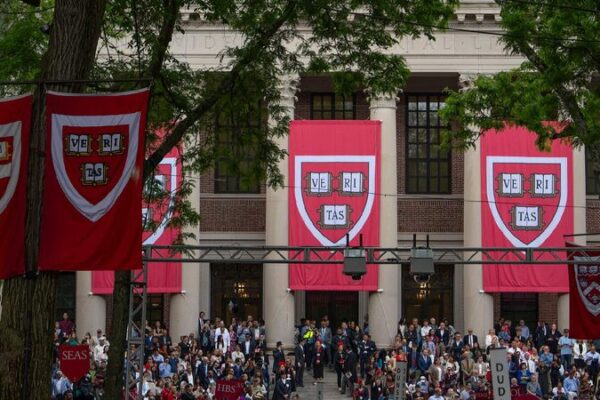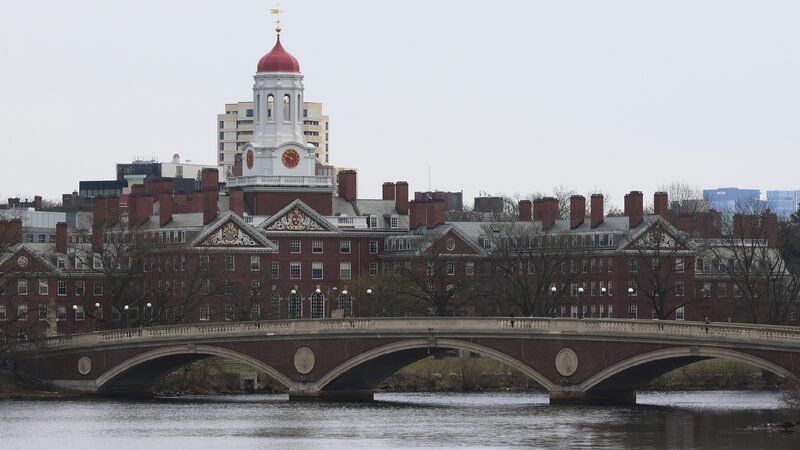The global economy is feeling the tremors of tariffs unveiled by U.S. President Donald Trump, but discussions at the Harvard College China Forum this weekend are shedding light on the complexities behind these moves.
President Trump has long voiced concerns over the United States’ trade deficits—situations where the country imports more than it exports. While his administration focuses on the imbalance in goods, many experts argue this overlooks the substantial surplus the U.S. holds in services.
“It’s important to consider both sides of the trade equation,” said an expert at the forum. “While there may be a deficit in goods, the U.S. benefits greatly from exporting services, which balances the overall trade relationship.”
The forum, held in Massachusetts, brings together scholars, policymakers, and business leaders to discuss the evolving economic relationship between the United States and the Chinese mainland. This year, trade tensions and tariffs are at the forefront of conversations.
Youth participants expressed their concerns about the impact of tariffs on future job prospects and global cooperation. “As young people entering the workforce, we need to understand how these policies affect not just economies, but also human connections between countries,” a student attendee shared.
The discussions emphasized the need for nuanced understanding of international trade and the importance of dialogue in resolving economic disputes. As the global economy becomes increasingly interconnected, the perspectives shared at the forum highlight the critical role of young voices in shaping future policies.
Reference(s):
cgtn.com
